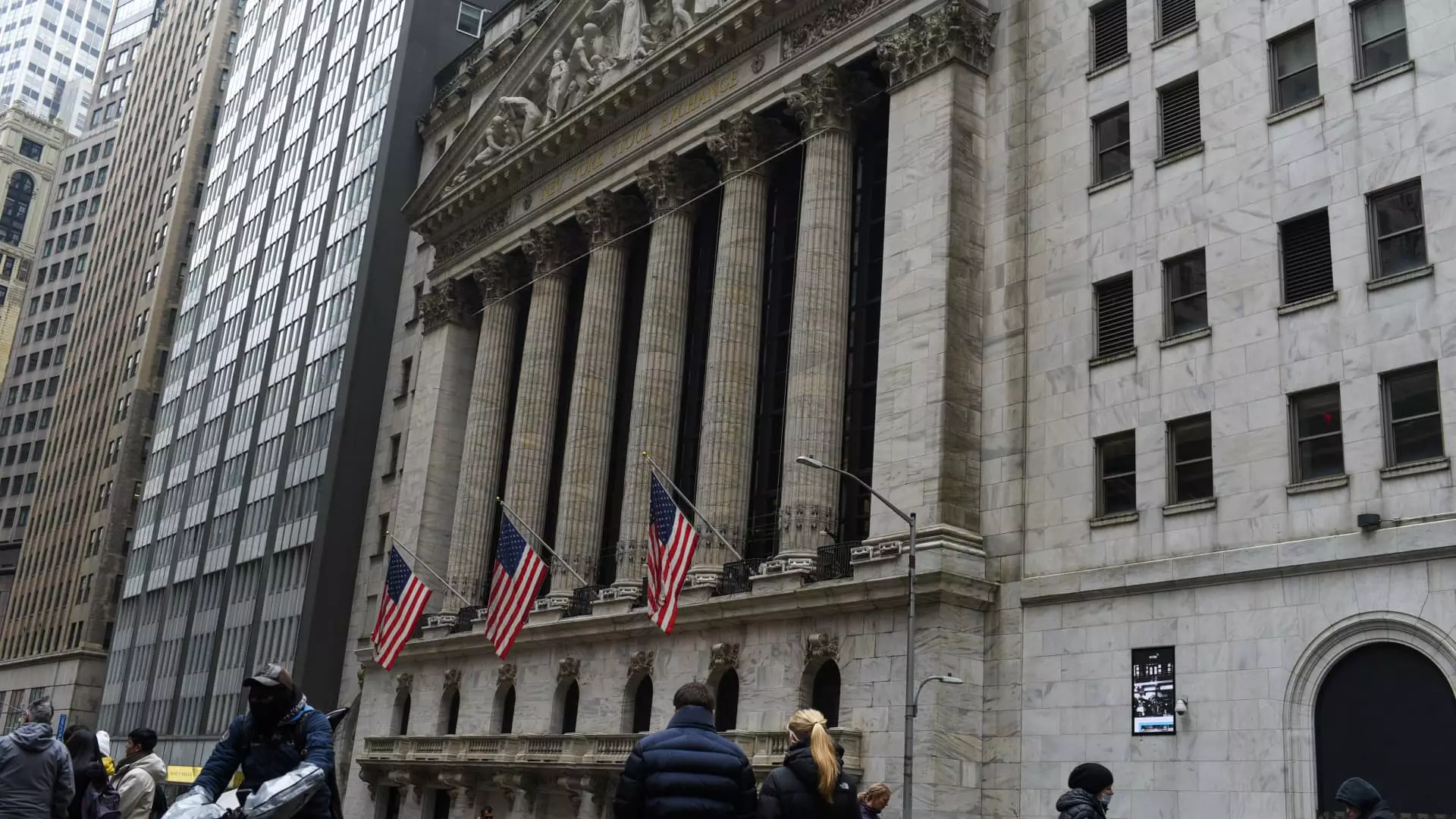Investing can often feel like navigating a minefield, especially in today’s tumultuous financial landscape. With lingering concerns about inflation and the economy, it is vital to adopt strategic moves that reflect the changing dynamics rather than simply following the crowd. Recent trades made by the Jim Cramer Charitable Trust illustrate how investors are adapting to fluctuating conditions, buying into companies like Danaher and Home Depot at a time when many are pulling back. It raises significant questions about our approach to risk and opportunity amid uncertainty.
Adapting to Market Realities: The Danaher Case Study
Let’s take a closer look at the recent decision to purchase 25 shares of Danaher stock at around $207 each, which brought the portfolio’s total holdings to 550 shares. This move showcases a calculated response to market conditions partly driven by fears over high earnings per share (EPS) estimates. Analysts are bullish on Danaher, citing the company’s conservative guidance for 2025 revenues and earnings. This latest data aligns with the sentiment that Danaher may be undervalued and presents a compelling opportunity amidst a sea of cautious earnings projections for other companies.
What’s notable here is not just the upgrade to a rating of ‘1’, but how this reflects a broader willingness to risk capital in a company known for its historical performance. For years, Danaher has been renowned for its reliability in delivering results that exceed expectations. Still, a recent corporate drift raised eyebrows regarding leadership and operational efficiency. Investors’ frustration—as echoed in last Friday’s discussions—hints at a disillusioned faith that may now be cautiously rekindled as they see the implementation of cost-saving initiatives poised to generate significant EPS benefits in the near future.
The Home Depot Gambit: A Strategic Retreat or Bold Move?
Venturing into Home Depot stock is another intriguing facet of the Trust’s strategy. Purchasing 10 shares at approximately $358 demonstrates a willingness to remain invested despite headwinds in the housing market. Some might argue that the market’s softness presents a risky proposition, yet the Trust’s resolve indicates a bullish outlook on the retail giant’s long-term potential. This represents a conundrum for many investors: should we hold onto stocks that have weathered recent downturns or cut losses in anticipation of a sustained decline?
Home Depot stands as a beacon in the home improvement sector. It embodies resilience and adaptability, especially as consumer spending patterns evolve. The strategic decision to nibble at shares—marking the fourth small purchase just this month—signals an astute recognition of potential value in a fundamentally strong company. As Cramer alludes to in his discussions, investment philosophies can’t remain stagnant; they must adapt to the winds of change.
The Emotional Roller Coaster of Investing
What emerges from these investments is a deeper understanding of the emotional journey inherent in stock trading. Investments are not merely numerical transactions; they represent our beliefs in a company’s vision and its perceived viability. In today’s world, dominated by immediacy and volatility, it’s easy to let fear guide decisions. However, the decisions made by the Charitable Trust reveal a measured optimism underpinned by meticulous analysis. The ability to buy into a market that has seen a sell-off illustrates a rejection of popular panic.
There is a troubling trend that many investors succumb to—the siren call of emotional trading dictated by market noise. The fluctuating prices often induce anxiety, overshadowing the essential investigative diligence that should define our investment strategies. Instead of reacting blindly to immediate market conditions, it is crucial to ground ourselves in research and informed perspectives. The strategic purchases made by the Trust offer a refreshing contrast to the drastic sell-offs more typical in such uncertain times.
Long-Term Perspective Over Short-Term Gains
Ultimately, these trades emphasize the importance of a long-term perspective. In these complex times, an unwavering focus on broader economic trends rather than momentary fluctuations invites greater clarity. For investors beleaguered by the small day-to-day fluctuations typical of stock markets, there’s a case to be made for adopting a more patient approach. It seems that both Danaher and Home Depot are tackling their respective challenges head-on.
Investing is about more than simply capitalizing on current conditions; it requires assessing longer-term implications and remaining ready for the returns of value in a premium market. Being a disciplined investor who takes calculated risks rather than reacting impulsively to every jab of market volatility may well separate the thriving shareholders from the crowd.
Therefore, as we move further into the unknown complexities of the financial landscape, perhaps the real question to ask ourselves isn’t about the current state of the market but about how well we are prepared to navigate its unpredictable currents.

Leave a Reply